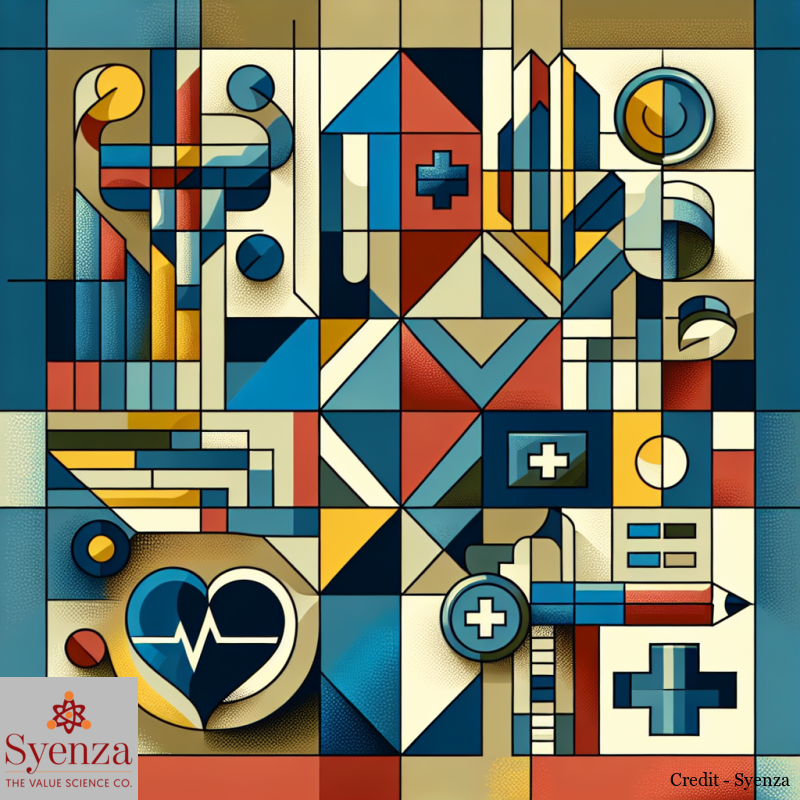
Zorginstituut Nederland is reassessing ravulizumab aHUS reimbursement for treating atypical hemolytic uremic syndrome (aHUS) – a rare immune system disorder. The drug was previously rejected in 2021 due to insufficient scientific evidence. The medication is administered via infusion and targets patients needing long-term therapy. These patients must have been continuously treated with eculizumab for 12 months. The reassessment is scheduled to conclude in October or November 2025 and a final advisory decision will be made then.
Key Insights
Zorginstituut Nederland has started a formal reassessment of ravulizumab which suggests new clinical evidence may have emerged since 2021. The drug is a complement inhibitor and it targets the overactive complement system which causes blood vessel damage and kidney dysfunction in aHUS. Ravulizumab is a potential alternative to eculizumab which indicates a strategic shift toward newer complement inhibitors for rare diseases.
The assessment involves comprehensive stakeholder engagement including professional associations and patient advocacy groups, reflecting the multidisciplinary nature of aHUS care. A formal technical consultation is scheduled for September 2025.
Background Context
Ravulizumab is a complement C5 inhibitor used for multiple complement-mediated disorders. In the Netherlands, it is already reimbursed for other indications including paroxysmal nocturnal hemoglobinuria and myasthenia gravis. The drug offers practical advantages over eculizumab as it requires only 6 infusions annually compared to 26, reducing the treatment burden for patients and healthcare systems.
The Dutch “sluis voor dure geneesmiddelen” is a systematic gateway for expensive medicines which requires demonstrating clinical effectiveness and successful price negotiations.
Atypical HUS affects 1-2 people per million annually, an ultra-rare condition which can progress rapidly to kidney failure, necessitating immediate and sustained therapy. Treatment decisions significantly impact patient outcomes and resource allocation.
Implications
This reassessment is a critical evaluation of comparative effectiveness and cost to compare ravulizumab to eculizumab. Potential approval would set a precedent for pricing in ultra-rare diseases, with healthcare systems potentially benefitting from reduced administration costs. Patient quality of life could improve with less frequent infusions which may offset higher acquisition costs.
For more details, see the original article on Zorginstituut Nederland’s website.
